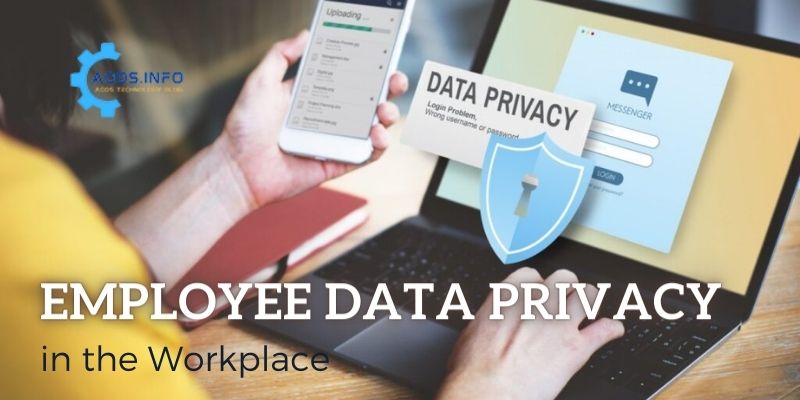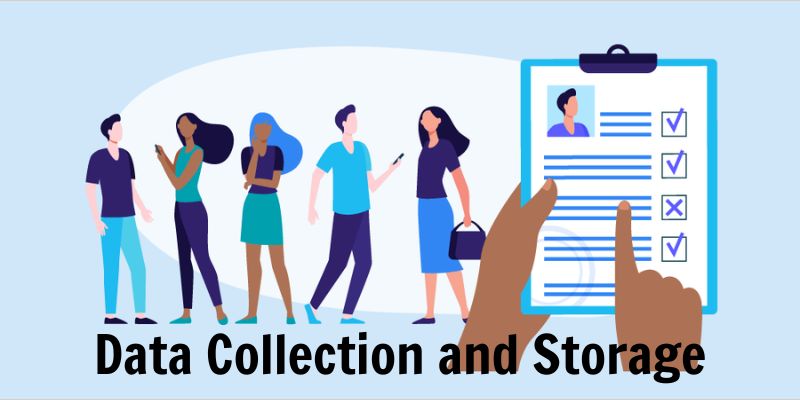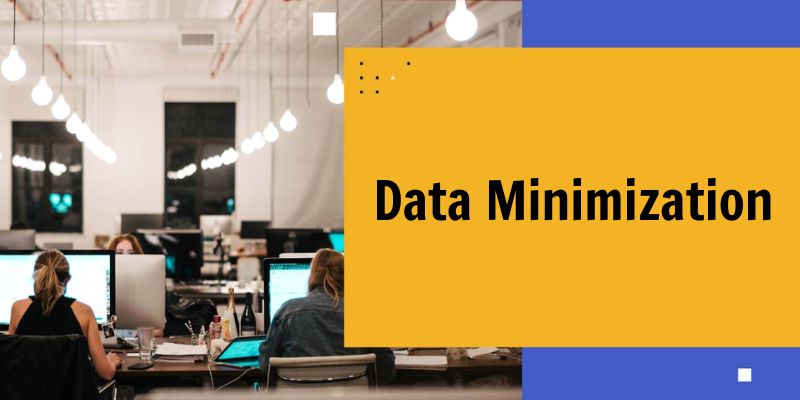In today’s interconnected digital landscape, where organizations increasingly rely on technology to manage their operations, the importance of employee data privacy cannot be overstated. Employee data privacy refers to the safeguarding of sensitive and personal information concerning individuals within an organization. This encompasses a wide range of data, including Social Security numbers, financial details, health records, performance evaluations, and other personally identifiable information (PII). Ensuring robust employee data privacy measures is not only a legal requirement in many jurisdictions but also a fundamental aspect of building trust within the workforce.
Contents
Data Collection and Storage: Employee Data Privacy
The foundation of any effective employee data privacy strategy lies in the careful collection and secure storage of sensitive information. Organizations should be diligent in only collecting data that is necessary for legitimate business purposes. The mantra of “collect only what you need” serves as a guiding principle to minimize the risk of exposure in case of a security breach. Whether it’s during the onboarding process or ongoing HR operations, organizations must prioritize the confidentiality of employee data.
Securing this data involves implementing encryption, access controls, and utilizing secure databases. Encryption ensures that even if unauthorized access occurs, the data remains unreadable without the appropriate decryption keys. Access controls, on the other hand, limit who within the organization can access specific sets of data, ensuring that only authorized personnel have the necessary permissions.
Purpose Limitation
Clearly defining the purpose for which employee data is collected is a key element in maintaining data privacy. Employers should communicate to employees how their data will be used, ensuring transparency and informed consent. This not only establishes trust but also ensures that data is used for its intended purpose and nothing more.
By adhering to purpose limitation principles, organizations can avoid the pitfalls of misuse and prevent potential conflicts with employees who may be concerned about how their information is being utilized. A well-communicated purpose for data collection fosters an environment where employees feel their privacy is respected and their data is handled responsibly.
Data Minimization
Data minimization is a strategy that complements purpose limitation by emphasizing the collection of only the minimum amount of data necessary for the intended purpose. This approach helps reduce the overall volume of sensitive information held by an organization, minimizing the potential impact in case of a data breach.
By practicing data minimization, organizations demonstrate a commitment to prioritizing employee data privacy over unnecessary data accumulation. This not only aligns with ethical considerations but also streamlines data management processes, making it easier to implement effective security measures.
Access Control
Controlling access to employee data is a critical aspect of safeguarding privacy. Organizations must establish stringent access control mechanisms to ensure that only individuals with a legitimate need to access specific data can do so. This involves creating role-based access policies and regularly reviewing and updating them to reflect changes in job roles and responsibilities.
Implementing access controls mitigates the risk of unauthorized access, whether intentional or accidental. It forms a crucial barrier against potential data breaches, reinforcing the organization’s commitment to maintaining the confidentiality of employee information.
Transparency
Transparency is a cornerstone of effective employee data privacy practices. Employers should be transparent about their data privacy policies and practices, clearly communicating to employees how their data is collected, processed, and stored. This transparency builds trust and empowers employees to make informed decisions about their personal information.
Open communication about data privacy practices also enables employees to understand the purpose of data collection and the measures in place to protect their information. By fostering a culture of transparency, organizations can create an atmosphere where employees feel confident that their privacy is a top priority.
Employee Rights
Respecting employee rights is a fundamental aspect of any employee data privacy strategy. Employees should have the right to access their own data, request corrections, and, in some jurisdictions, request the deletion of their data under certain circumstances. These rights empower individuals to have control over their personal information and contribute to a culture of respect for privacy within the organization.
Organizations should establish clear procedures for employees to exercise their rights and ensure that these procedures align with applicable laws and regulations. Providing easy and accessible avenues for employees to manage their data helps create a sense of agency and reinforces the organization’s commitment to upholding employee data privacy.
Compliance
Compliance with relevant data privacy laws and regulations is not just a legal obligation but a crucial component of building and maintaining trust. The General Data Protection Regulation (GDPR) in the European Union, the Health Insurance Portability and Accountability Act (HIPAA) in the United States, and similar laws worldwide set standards for the protection of personal information.
Organizations must stay informed about the specific requirements of the jurisdictions in which they operate and tailor their data privacy practices accordingly. Regular audits and assessments can help ensure ongoing compliance and identify areas for improvement in employee data privacy measures.
Training and Awareness
An often overlooked but critical aspect of employee data privacy is employee training and awareness. Educating employees about data privacy best practices, the importance of safeguarding sensitive information, and the potential consequences of data breaches helps create a culture of responsibility.
Training should cover topics such as recognizing phishing attempts, using secure passwords, and understanding the organization’s data privacy policies. By investing in employee education, organizations can significantly reduce the risk of unintentional data breaches and enhance overall data security.
Data Breach Response
Despite all preventive measures, no organization can guarantee absolute immunity from data breaches. Therefore, having a well-defined and tested data breach response plan is essential. A swift and effective response minimizes the impact on employees and mitigates legal and reputational risks.
The response plan should include steps for identifying the source and extent of the breach, notifying affected parties, and implementing corrective measures to prevent future incidents. Communicating openly and transparently about the breach, both internally and externally, is crucial for maintaining trust with employees and other stakeholders.
In conclusion, prioritizing employee data privacy is not just a legal obligation but a strategic imperative for organizations. By adhering to principles such as purpose limitation, data minimization, access control, transparency, and compliance, organizations can build a robust framework for protecting sensitive employee information. Employee data privacy should not be viewed merely as a regulatory requirement but as a fundamental aspect of maintaining trust, fostering a positive workplace culture, and safeguarding the rights of individuals. As organizations navigate the complexities of the digital age, ensuring the privacy and security of employee data remains a cornerstone of responsible and ethical business practices.




